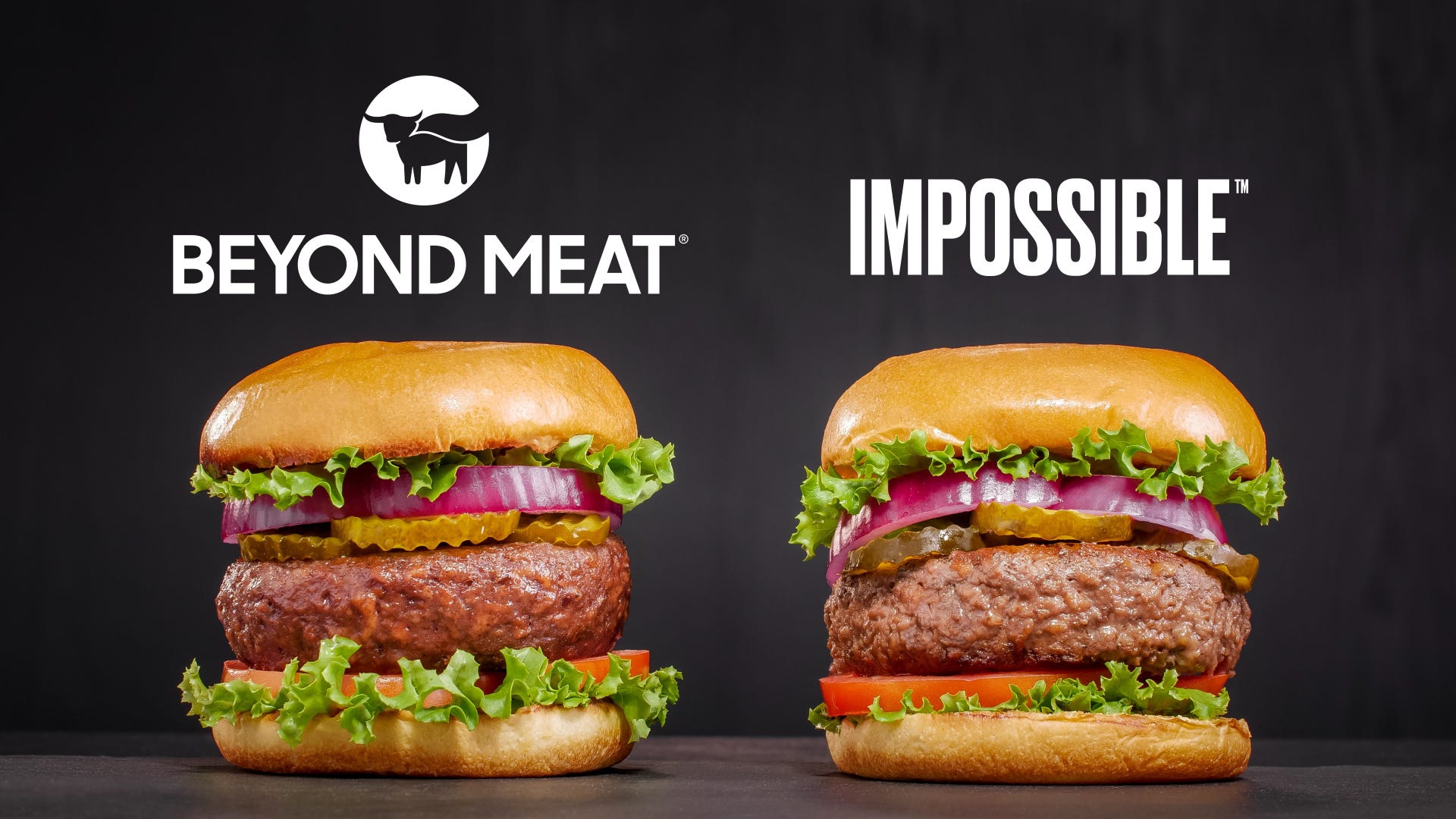Wishing you and yours a very Merry Christmas and a happy, healthy New Year

Author and Nutrition Educator, Founder of The "Plan A" Diet™
By Cyd Notter
Wishing you and yours a very Merry Christmas and a happy, healthy New Year

By Cyd Notter
(The following is an excerpt from The "Plan A" Diet) - updated 7/14/24
Are you feeling tired, restless, or irritable? Do you have brain fog? Has your skin lost some of its elasticity? This sounds like a precursor to an advertisement for some miracle drug—but it’s possible you may simply be dehydrated and need to drink more water.

In the United States, it's estimated that 75 percent of the population i chronically dehydrated.[i] That means that 75 percent of us have a net fluid loss due to lack of water consumption and the possible diuretic effects of drinking caffeinated beverages and excessive alcohol.
Water is an often-overlooked component in most diet plans, but I’ve given it priority status on The “Plan A” Diet food pyramid for good reason—daily water intake is crucial for good health. Our brains, muscles, organs, and cells depend on water to function properly.
Water is necessary for proper digestion, absorption of nutrients, and to carry waste from our kidneys and livers. Water also helps our bodies convert glucose to energy. Lack of water contributes to several ailments including fatigue, joint pain, high blood pressure, compromised immune function, kidney disease, and weight gain.
The human body is 65 percent to 75 percent water, and several things happen when we fall below that level. According to Dr. James Marcum, when we lose up to just 2 percent of our water, our judgment can become seriously impaired; losing up to 5 percent of water can result in thirst, weakness, nausea, irritability, increased pulse rate, and flushed skin.
If we lose up to 10 percent of our water, we may experience headaches, dizziness, and tingling in the limbs. Vision may blur, skin may turn blue, and some may lose the ability to speak or walk clearly. Losing up to 15 percent of our water can result in severe vision and hearing impairment, swelling of the tongue, the inability to swallow, painful urination, and possible signs of delirium. If we lose more than 15 percent of our water, we die.[ii]
There are many theories out there, and the most common suggestion is eight 8-ounce glasses per day (64 oz.) for everyone. However, that recommendation may no longer hold water.
Today’s rule of thumb is to drink half your weight in ounces. A person weighing 150 pounds would need 75 ounces of water per day. Other authorities recommend between 8–11 daily cups for women and 10–15 daily cups for men. But that includes water from all sources, not just beverages. Subtracting the water we get from food plus the water our body makes, the recommendation translates into 4–7 cups for women and 6–11 cups for men, assuming only moderate physical activity at moderate ambient temperatures.[iii]
Drink enough water so that your urine is very light yellow. Your body will need more water if you’re in a hot climate, physically active, running a fever, or if you happen to be obese. You may want to consider filling bottles or a large empty container each morning with your daily need of clean water; that way you’ll know if you’re drinking what you need.
If the budget allows, invest in a whole house water filter which will remove impurities and chemicals while retaining the water’s natural, essential minerals. Add fruit to your water if it will help you drink more. Keep in mind that watery foods such as broths, celery, and melons can contribute to your fluid intake as well.
And don’t forget the kiddos! Studies show that most children arrive at school in a state of mild dehydration that may negatively affect their scholastic performance.[iv] Like adults, children should drink at least half their weight in ounces.
Lastly, although daily fluid intake can come from both food and beverages, it’s important for health and weight management to drink water (or zero-calorie tea) as a replacement for soft drinks, energy drinks, and sugar-filled lattes. If you miss the fizziness of soda, try mixing carbonated water with just a bit of fruit juice.
**********
Interested to know about "3 Food Mistakes that Lead to Painful Joints, Extra Pounds, and Health Problems the Doctors Aren't Solving?"
Click here to watch the FREE class!
[i] Medical Daily, “75 percent of Americans May Suffer From Chronic Dehydration, According to Doctors,” dated July 3, 2013; accessed September 5, 2018. https://www.medicaldaily.com/75-americans-may-suffer-chronic-dehydration-according-doctors-247393
[ii] Dr. James L. Marcum, MD, Biblical Prescriptions for Life, Small Group Study Guide (Ooltewah, TN: Heartwise Ministries, 2016), 34.
[iii] Dr. Michael Greger, “How Much Water Should We Drink Every Day?” dated May 25, 2017; accessed September 5, 2018. https://nutritionfacts.org/2017/05/25/how-much-water-should-we-drink-every-day/
[iv] Dr. Michael Greger, “Schoolchildren Should Drink More Water,” dated November 21, 2013; accessed September 5, 2018. https://nutritionfacts.org/2013/11/21/schoolchildren-should-drink-more-water/
By Cyd Notter
Meat alternatives are getting lot of attention lately due to restaurants such as Burger King, Dunkin Donuts, Red Robin, TGI Fridays, and others now offering the Beyond Burger, the Impossible Burger, and plant-based sausage sandwiches.

The fact that plant-based burgers contribute greatly to the health of the planet may be a motivating factor for some consumers. Production of these products reduces the use of water and land dramatically, plus produces far less greenhouse gas emissions.
If you're concerned about health, however, are these fake meats safe to consume on a regular basis? A quick look at their labels reveal that these highly processed items contain isolated proteins, oils, and saturated fat, none of which lends itself to healthy eating. Here's an informative article by Theresa "Sam" Houghton which explains the pros and cons.
And here's another great article titled How to Build the Ultimate Plant Based Burger by Chef Katie Simmons.
Other yummy recipes:
By Cyd Notter
Warm wishes to you and yours on this Holiday set aside for giving thanks!
Have you ever watched the veggie tale about how Madame Blueberry developed a grateful heart?
She sings a little ditty which I revised years ago to go something like this:
Thank you Lord for my man, and this roof above my head,
for a fridge filled up with food, and my warm and comfy bed.
Thank you Lord for our health, for my family and each friend,
for our church and for my work, Lord your blessings never end.
Of course the greatest blessing of all is that God loves us enough to provide a way back to him, through the incredible sacrifice of Jesus.
Yes, everything is for your sake, so that grace, as it extends to more and more people, may increase thanksgiving, to the glory of God. (2 Corinthians 4:15)
By Cyd Notter
Whether its Thanksgiving, Christmas, or a New Year Celebration, these crowd-pleasing "Holiday Recipes" by Terri Edwards at EatPlant-Based.com will fill the bill!
Check out this mouth-watering video she recently posted.
Then head on over to the Holiday Recipe section of her website here. There you'll find featured recipes such as Mushroom Seitan Roast, Garlic Mashed Potatoes and Gravy, Stuffed Acorn Squash, No-Meatloaf, Cheezy Scalloped Potatoes, Lentil Shepherd Pie, Stuffed Mushrooms, Broccoli Cheddar Soup, Sweet Potato Casserole, Loaded Potato Skins, Cauliflower Buffalo Wings, Ranch Dressing, Broccoli Rice Casserole, Spinach Artichoke Dip, No Bake Pie, Glazed Carrot Cake, Chocolate Mousse, Pumpkin Spice Cookies, Chocolate Lava Cake, and more!
We are so abundantly blessed with delicious, nutritious food!
And God is able to bless you abundantly, so that in all things at all times, having all that you need, you will abound in every good work. (2 Corinthians 9:8, NIV)
FREE Training Class
Come learn 3 things you can begin implementing today!